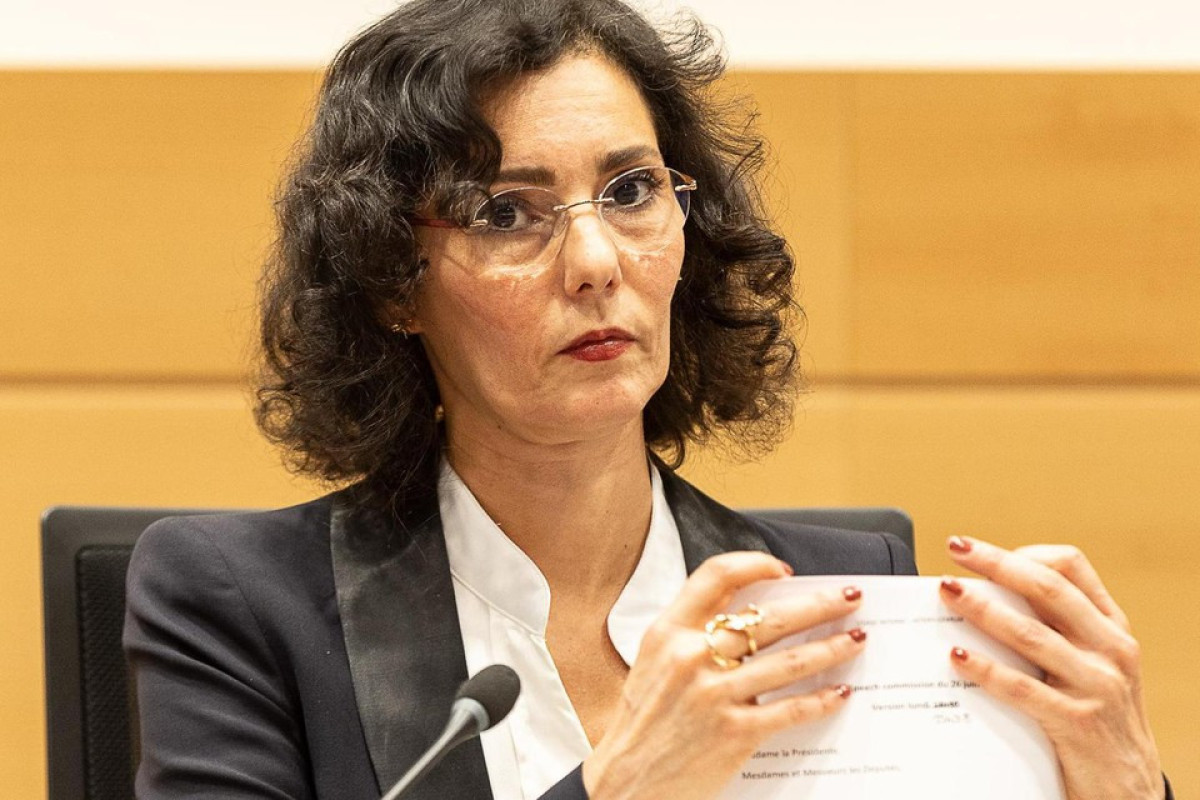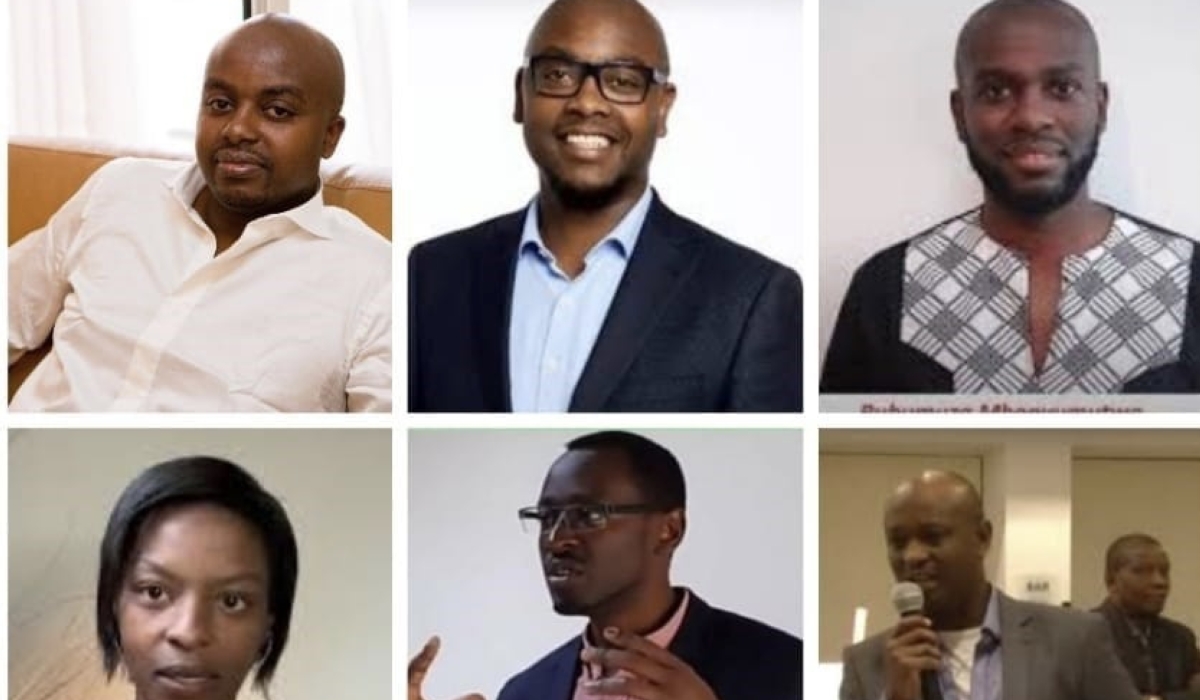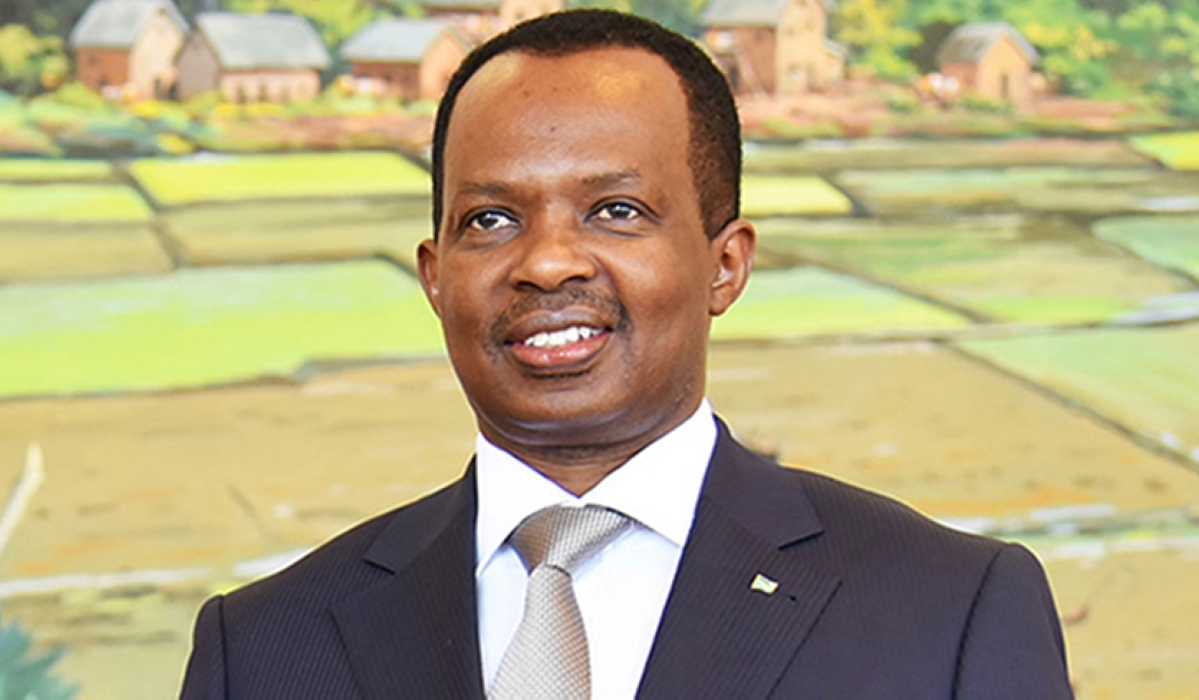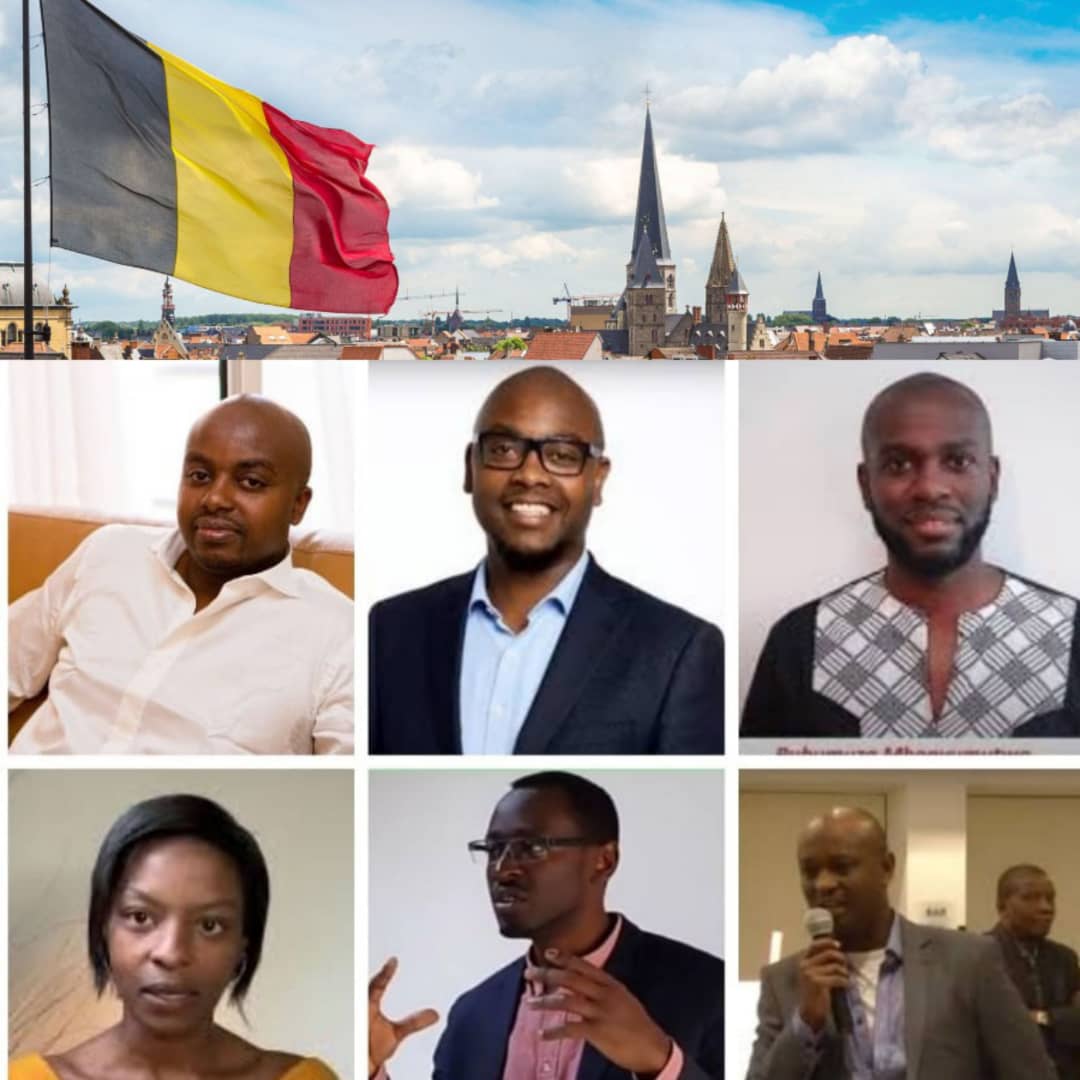International
Belgium engineering ‘Forbidden Stories’ to undermine Rwanda
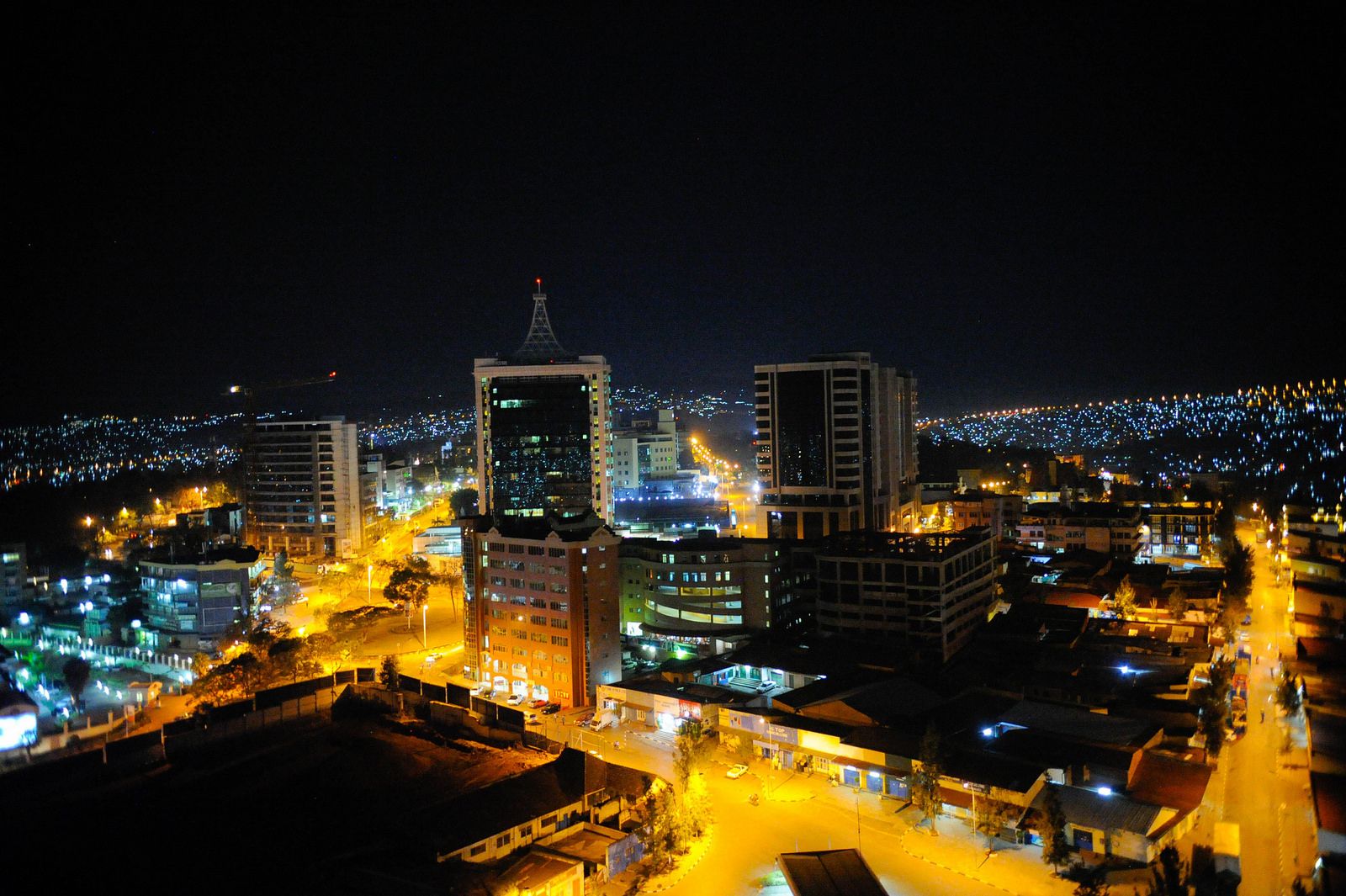
View of Kigali, the capital city of Rwanda, at Night.
In late May, the world woke up
to the Europe-based media pressure group “Forbidden Stories”, announcing they
put 50 journalists from 11 different countries to work, ‘investigating’ Rwanda.
The politically motivated
campaigners from Forbidden Stories, planned a series of media hit pieces on
Rwanda. The file was divided into eight episodes which were the subject of a
very detailed extensive media coverage in Le Monde and on Radio France, in Le
Soir of Belgium, The Guardian of the UK, Der Spiegel of Germany, NRC of the
Netherlands and Haaretz of Israel.
The project is reported to
have cost USD$2 million. However, one question has remained unanswered: who
footed the bill of this smear campaign against Rwanda? Who paid these
journalists and international media houses with a so-called glowing reputation?
With all these questions
hanging in the air, The Great Lakes Eye investigation desk reached out to
several sources, who revealed that the government of Belgium had a major
involvement in sponsoring the Forbidden Stories project.
One source pointed out that
Belgium's involvement is significant in the consortium. Most of journalists and
media organizations involved are Belgian. Many of the individuals who testified
in the Forbidden Stories are self-exiled Rwandans based in Belgium. Belgian
officials were interviewed and quoted as reliable sources in the stories.
The Forbidden Stories
consortium reported that according to Belgian government sources, Rwanda
resorted to “active monitoring” and “acts of violence” against the Rwandan
diaspora in Belgium.
“These activities, as well as
“efforts to influence Belgian political and public opinion,” constitute
“unacceptable” activities, even if Rwanda may have legitimate objectives, such
as combating denialism, hate speech, and the funding of armed groups,” reads
part of the report. It adds that the Belgian Intelligence Service considers
that a “paranoia” within the diaspora could lead its members to erroneously
attribute deaths to the activities of Rwandan intelligence.
The Belgian military
intelligence services (GISS), then declared that ‘better relationship with
Rwanda’ would be welcome and are working on it. This of course goes hand in
hand with respect for sovereignty and the certainty that partners refrain from
taking measures that could compromise these relations.
For any outsider this might
look like Brussels is genuinely interested in mending relations with Rwanda,
and chose an ‘impartial side’ in the so-called investigations, but it is far
from the truth.
Kigali-Brussels relations have
been frosty for almost a year now, following Belgium's refusal to accredit
Ambassador Vincent Karega as Kigali’s new envoy to Brussels.
To date, there is still no
Rwandan Ambassador to Belgium. In a March 2024 interview with Jeune Afrique,
President Paul Kagame stated that Rwanda would not propose another candidate,
simply because Belgium did not provide tangible explanations to why they
refused Karega.
Supporting the Forbidden
Stories, and the “bombshell of revelations” about the Rwandan government’s
terrible deeds would give the Belgian government the justifications they badly
need, for denying Rwanda’s proposed ambassador.
The decision by the Belgian
government was not because they had an issue with Karega personally. Brussels
has issues with the government of Rwanda.
In 2018, when Karega was still
Rwanda’s envoy to South Africa, two Belgians died. Investigations were
conducted in South Africa and Belgium, and the South African police ruled the
two deaths as suicides. To date, Brussels is convinced that Rwanda had a hand
in the deaths, which is absurd since Rwanda is not responsible for any foreign
citizen in foreign countries.
It is not the first time
Belgium has supported detractors of Rwanda. The former has given a huge
platform to Jambo Asbl, an organisation formed by genocide deniers and
extremists in exile and has gone as far as elevating them in political
positions.
'Forbidden Stories' was not
intended to inform, or enlighten, the public. It was planned and executed to
smear and destroy the Rwandan government, and the government of Belgium is
sponsoring the sinister plot.





